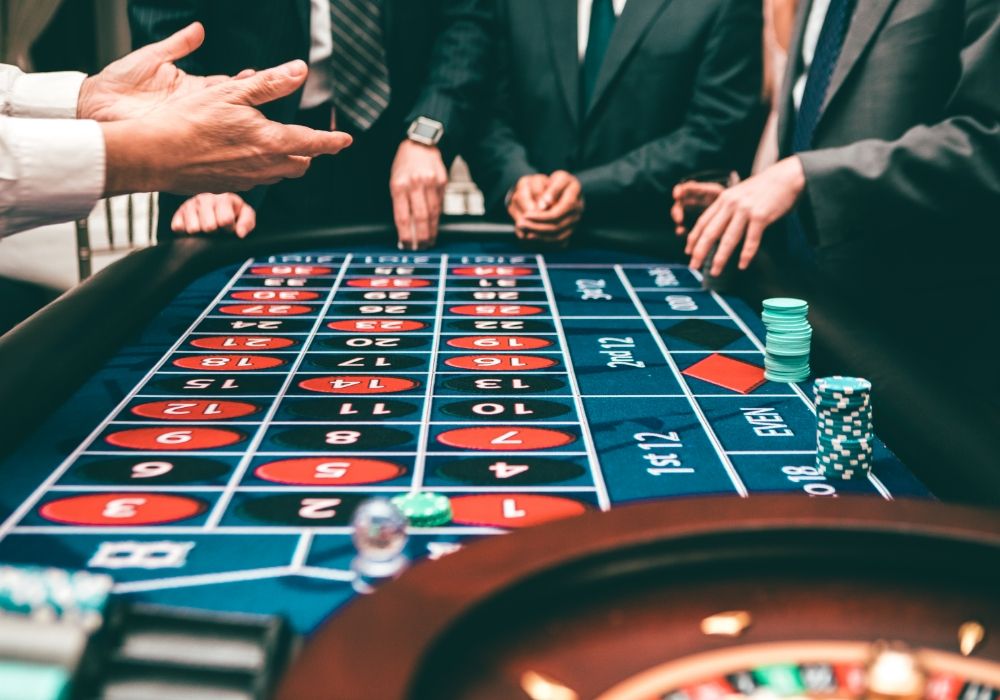The Illusion of Progress
In modern casinos, loyalty programs are an essential part of how gamblers are kept engaged, offering rewards in exchange for continued play. These programs are often structured with multiple tiers—bronze, silver, gold, platinum, and beyond—each offering increasingly https://u888.jp.net/ luxurious perks. Players earn “tier points” based on how much they gamble, but what many don’t realize is just how slowly these points accumulate. This slow buildup is not a flaw in the system; it’s a calculated design. By offering a taste of progress early and then slowing the pace significantly, casinos keep players chasing the next level, believing they’re closer to elite status than they actually are.
Behavioral Triggers That Fuel Spending
Casinos use tier points to tap into powerful psychological motivators. When players first sign up for a loyalty program, they often receive bonus points or easy early wins that quickly elevate them to a higher tier. This creates momentum and a sense of achievement. But once the initial stage is cleared, the pace of accumulation becomes dramatically slower. This shift exploits the “goal gradient effect,” a psychological principle where people increase their effort the closer they feel to reaching a goal. As players see themselves approaching the next tier—even if the points come slower—they are more likely to gamble longer and more frequently to bridge that final gap.
Invisible Costs of Status
While casino loyalty programs appear to offer rewards for dedication, the true cost of reaching higher tiers is often far greater than the benefits received. Free hotel rooms, complimentary meals, or exclusive lounge access may seem like wins, but players often spend thousands of dollars in losses to earn enough tier points to qualify. Because tier progression is based on time and money spent, not actual winnings, players are rewarded for their activity—not their success. This system quietly encourages continued play even during losing streaks, convincing gamblers that they’re earning something valuable in return for their persistence.
Designed Delays to Extend Play
Casinos benefit most when players remain on the floor, and slow tier point accumulation is one of the most effective tools for achieving that. If points accumulated too quickly, players might achieve their target tier and walk away satisfied. But by stretching out the journey, casinos ensure that players keep returning in hopes of leveling up. In many cases, reaching the next tier within a short window becomes a time-sensitive challenge, pressuring gamblers to play more intensely before their existing points expire. This engineered urgency feeds directly into higher betting volumes and longer sessions, maximizing casino revenue.
A Loyalty System That Favors the House
The slow trickle of tier points is a quiet but powerful force in the world of gambling. By giving players a sense of purpose and achievement, casinos turn losing bets into steps toward a reward. Yet, the structure is carefully tilted in favor of the house, making it difficult to calculate the true value of those rewards. For most players, the effort and money invested far outweigh the perks received. Still, the promise of climbing just one more level keeps them coming back. In the end, tier points aren’t just a loyalty incentive—they’re a behavioral control tool designed to make sure the house always wins.

